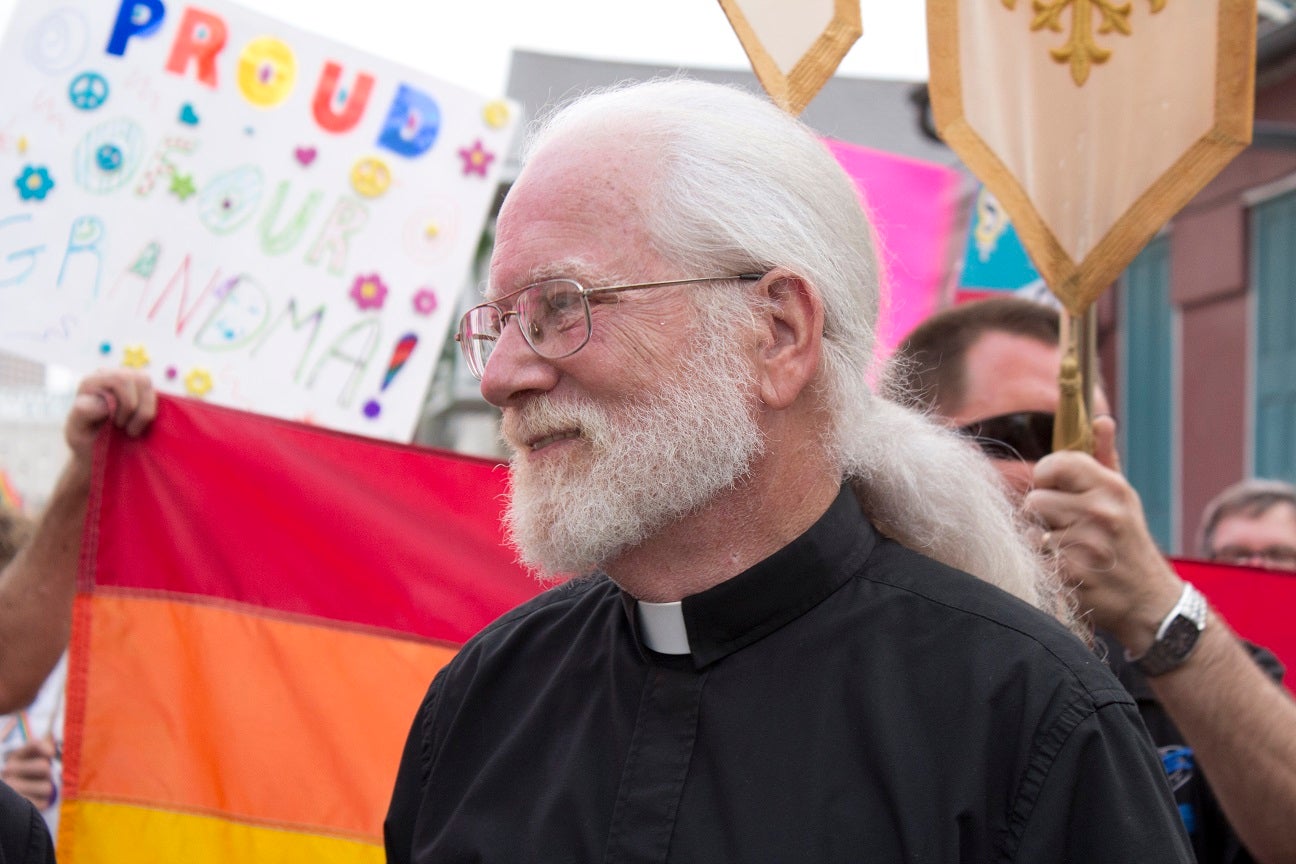Restoring the Wetlands as Part of our Sacred Duty and History
God of unchangeable power, when you fashioned the world the morning stars sang together and the host of heaven shouted for joy; open our eyes to the wonders of creation and teach us to use all things for good, to the honor of your glorious name; through Jesus Christ our Lord. Amen. (Source: A New Zealand Prayer Book, p. 569)
Before our city and coastlands were flooded by Hurricane Katrina, there was a cry to rebuild wetlands that were disappearing. Before I became a priest, I was involved in the shrimp-boat industry. I had the privilege to befriend Cajun and Vietnamese families that had been fishing for generations. “Saltwater incursion” was a term I learned about very early on. We knew then and did nothing or very little. The voices of a few fishermen echoed in an endless hymn of subsistence, in a void hemmed in by the greed of special interest.
I have also been involved with the offshore industry through various professional positions. My father was a marine surveyor, so I was brought along to shipyard after shipyard during my youthful summers. We were also a multi-generational boating family, so I came to know our coastlands and learned about all the potential bounty it provided.
I can even remember when Cat Island was big, and we’d camp on its peninsula. I remember steaming out to Chandeleur Island when it was an island and not a reef. I remember seeing vast schools of fish in Mississippi Sound and trolling for mackerel, fishing for white trout and watching the pogie boats set out their nets. But as the song says, “It ain’t der no more,” or at least not like it was.
Then I became a priest. Now my experience is filtered through the sacred lens of my faith. That experience includes all things created. If you think for a moment that the bayous, wetlands or offshore islands are not sacred, then you haven’t seen a sunrise in winter in a pond off of Lake Borgne. If you think that our linkage to nature is only a means to our personal ends, then you haven’t read the Gospels.
Somewhere and somehow, we lost our communion with creation. Nature, even our wetlands, became an object to an end – no longer a co-participant in creation and the cosmos, but rather “a resource” to be used without consideration of moral, ethical and even sacred thresholds.
The heart of a faith-based eco-theology stretches back to the very start of Christianity. Indeed, the harshest critic of abusive power and thoughtless human consumption was that little Rabbi Yeshua. He gives us a constant critique of wealth on the altar rather than God and humanity. So it is with eco-theologians. In the 12th century, a nun by the name of Hilda critiqued and catalogued the pollution of the Rhine River and called for a unification and cooperation with nature in her writings. In the early and into the mid 20th century, holy scientists like de Chardin would say:
“The day will come when, after harnessing space, the winds, the tides, and gravitation, we shall harness for God the energies of love. And on that day, for the second time in the history of the world, we shall have discovered fire.”
Later in the 20th century, outspoken voices like Thomas Berry, a scientist-theologian, would seek to reunify nature and the sacred. He would claim that as Christians, our obsession with redemption history is out of sacred context and causes a chasm between God and humanity. He reminds us:
“The naïve assumption that the natural world is there to be possessed and used by humans for their advantage and in an unlimited manner cannot be accepted.”
If the sunrise on the sea and the wind in salt marshes are sacred, then such is also a litany of sacred expression. Just as holy people everywhere are called to care for sacred texts, churches, mosques and synagogues, then too we are called as people of faith to care for the even greater sacred text that is Nature.
So, is there confession of sin in the wetlands? Is there a movement toward reconciliation with creation? Is there a desire to repent and to “sin no more?” I hope so. I pray so. I dream of a day when our wetlands heal and in their health, we find our health.
